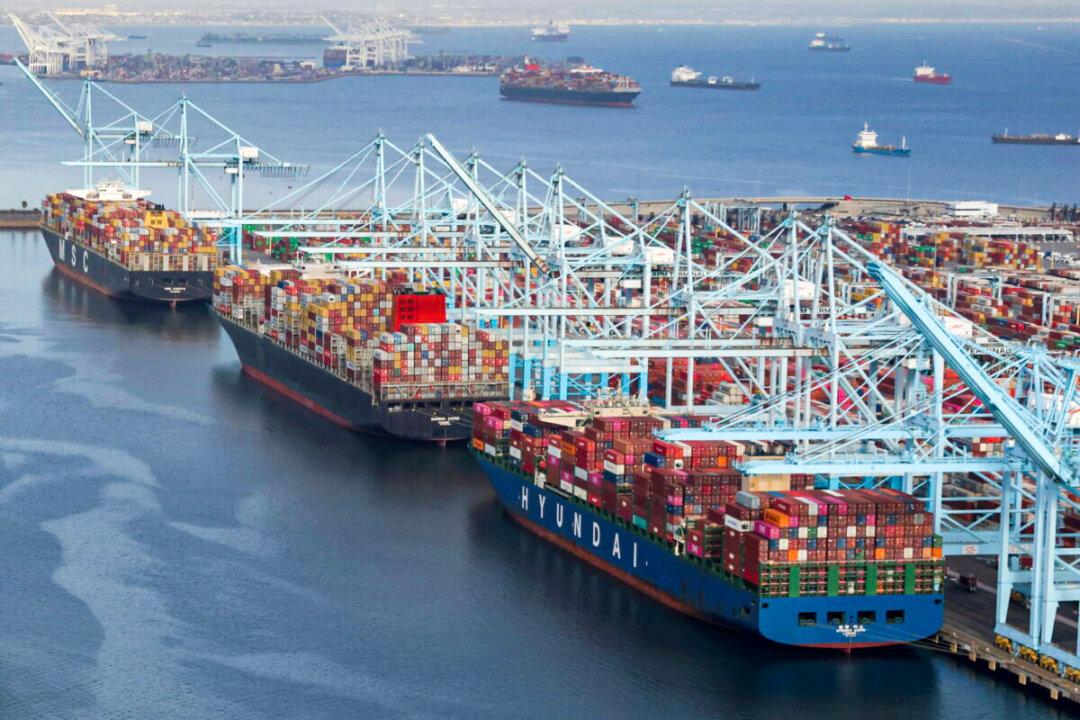Commentary
The invasion of Ukraine, the spike in inflation, and the risks of supply shortages have made some politicians dust off some of the worst economic ideas in history: autarchy and protectionism.

The invasion of Ukraine, the spike in inflation, and the risks of supply shortages have made some politicians dust off some of the worst economic ideas in history: autarchy and protectionism.